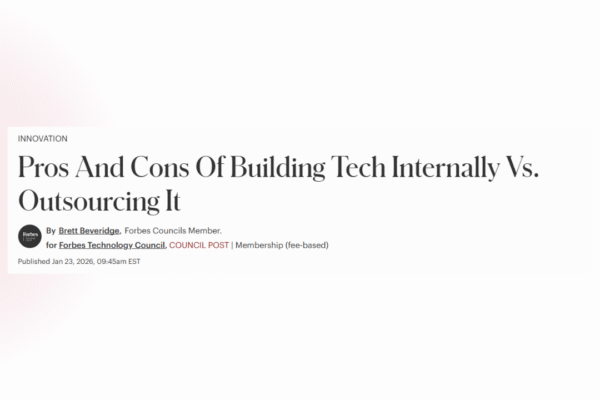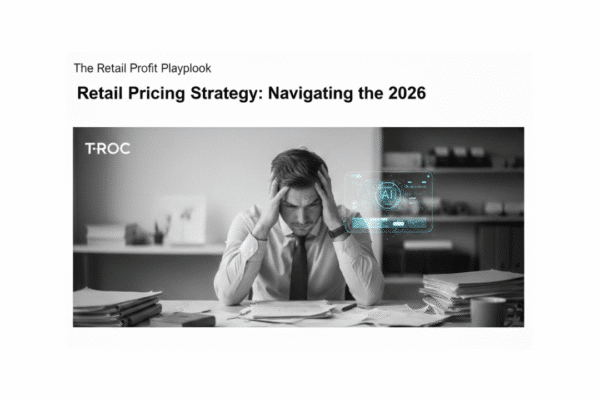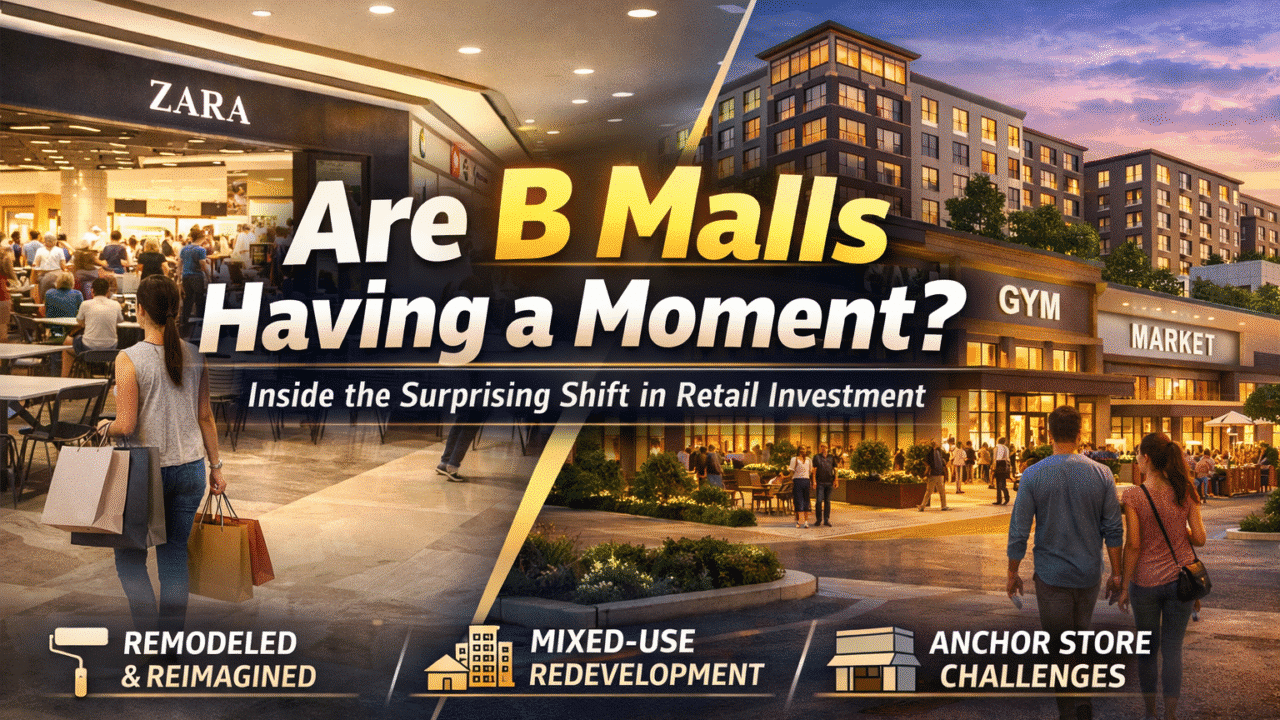
Beyond the Toolbox: 4 Critical Questions to Ask Before You Choose a Product Assembly Company
Your product is designed, manufactured, and shipped. But the final, crucial step before it reaches your customer is assembly. Getting this wrong can lead to damaged products, poor customer experiences, and a tarnished brand reputation. The right partner for expert product assembly is more than just a team with tools; they are a guardian of your brand at the most critical touchpoint.
However, the market is filled with providers. How do you look past the sales pitch and truly vet their capabilities? When you choose a product assembly company, you’re choosing a strategic partner. Asking the right questions is key to protecting your investment and ensuring flawless execution. Here’s what you need to know.
1. How Do You Ensure Scalability and Consistency Across All Our Locations?
This is the most fundamental question. A provider might perform well in a single test store, but true value comes from their ability to replicate that quality across your entire footprint, whether it’s 10 locations or 2,000.
A top-tier partner will have a robust national network of trained professionals. They can manage complex rollouts simultaneously, ensuring your new product display or seasonal promotion launches on time, everywhere. A weak answer here is a major red flag, as inconsistency is one of the biggest challenges in retail execution management that can dilute your brand message.
What to look for in their answer:
- A centralized project management system.
- A dedicated, tiered field management structure.
- A proven process for onboarding and mobilizing teams for large-scale projects.
2. What Technology Do You Use for Project Management and Reporting?
In today’s retail environment, data is everything. An assembly partner still relying on spreadsheets and email chains for reporting will leave you in the dark. You need a technology-first company that provides transparency and actionable insights.
The best providers use sophisticated platforms that offer real-time data and analytics. This includes GPS-verified check-ins, photographic proof of completed work, and customizable dashboards. This is a key part of how technology is reshaping retail, providing an undisputed record that the job was done to your exact specifications.
What to look for in their answer:
- A mobile-first platform for field reps.
- Client-facing dashboards with real-time progress tracking.
- The ability to provide photo verification for every single assembly.
3. What Does Your Training and Certification Process Look Like?
Who, exactly, will be building your products? The quality of the people on the ground directly reflects the quality of the service. A reputable company invests heavily in its workforce.
Ask for specifics on their training programs. Are technicians certified for specific product types (e.g., complex electronics, furniture, or fitness equipment)? Do they receive ongoing training on new products and safety protocols? A vague answer about “experienced technicians” isn’t enough. Demand to see a structured, documented training process. This is non-negotiable for mitigating liability and ensuring products are assembled safely and correctly, which is a key to improving the in-store customer experience.
What to look for in their answer:
- A tiered training system (e.g., general assembly, specialized certification).
- Mandatory safety protocol training.
- A formal process for training teams on new client-specific products.
4. How Do You Measure Success and Define a True Partnership?
Finally, you need to understand their business philosophy. Are they a task-based vendor, or a genuine partner invested in your success? A vendor simply completes a work order. A partner works with you to solve problems and improve outcomes.
A true partner will want to establish clear Key Performance Indicators (KPIs) from the start. These might include on-time completion rates, quality assurance scores, and even the impact on your sales and return rates. They should act as an extension of your own team, proactively suggesting improvements. This partnership approach is essential for a successful retail merchandising strategy, ensuring goals are aligned.
What to look for in their answer:
- A collaborative approach to setting goals and KPIs.
- Regular business reviews to discuss performance and opportunities.
- A clear escalation path for resolving any issues quickly.
Making the Right Choice for Your Brand
Choosing a product assembly company is a high-stakes decision. The right partner provides peace of mind, protects your brand, and delivers a tangible return on investment. The wrong one creates logistical nightmares and damages customer trust. By asking these critical questions, you can move beyond the surface-level pitch and find a partner truly capable of delivering excellence at scale, including a proven brand advocacy strategy.
Ready to partner with a company built on technology, training, and a proven track record? Start a conversation with T-ROC to see how we deliver flawless execution for the world’s leading brands.








